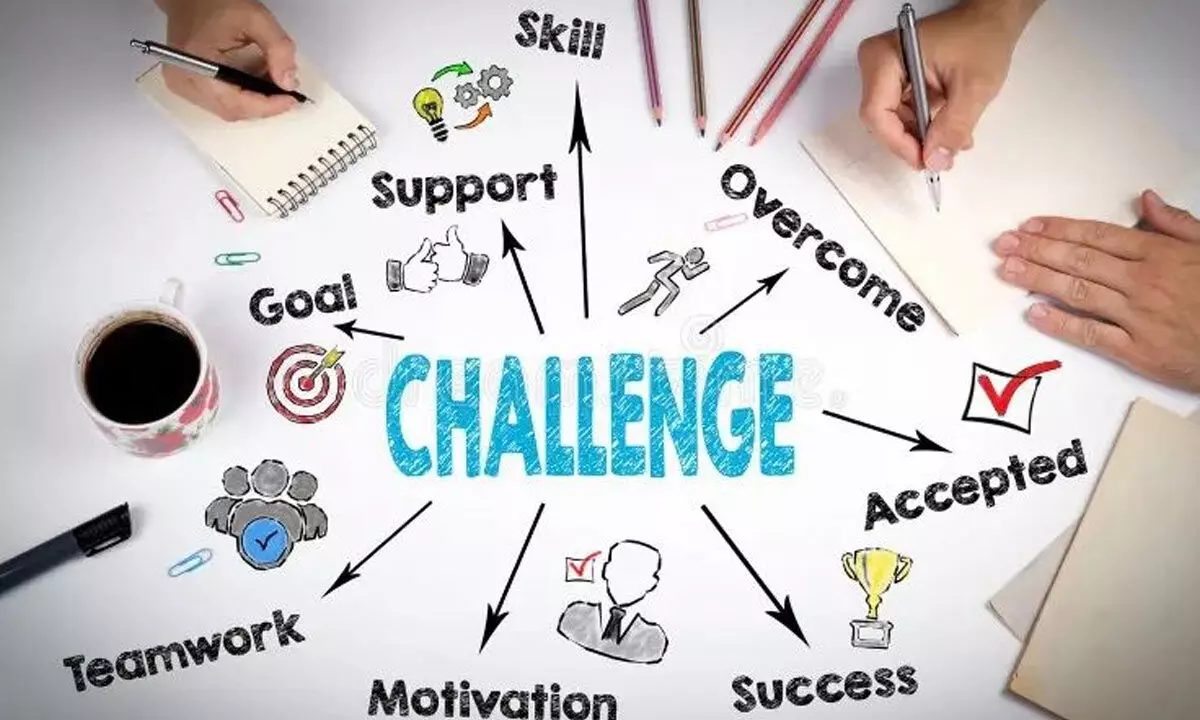Preparing employees for future challenges

Inthe rapidly evolving landscape of today’s business world, preparing employees for future challenges is not just an option but a necessity.
In the rapidly evolving landscape of today’s business world, preparing employees for future challenges is not just an option but a necessity. The dynamic nature of technology, the increasing pace of globalization, and the ever-changing market demands require companies to ensure their workforce is equipped with the skills and knowledge needed to thrive. Organizations that proactively address these challenges by investing in their employees’ development can maintain a competitive edge and foster a resilient and adaptable workforce.
One of the most critical aspects of preparing employees for future challenges is providing continuous learning opportunities. In a world where new technologies and methodologies emerge at a breakneck speed, employees need to constantly update their skills. Offering regular training programs, workshops, and access to online courses can help employees stay abreast of the latest developments in their fields. For instance, incorporating training in digital literacy, data analysis, and emerging technologies like artificial intelligence can empower employees to leverage these tools effectively in their roles.
Another essential strategy is to cultivate a culture of innovation and creativity within the organization. Encouraging employees to think outside the box and experiment with new ideas can lead to groundbreaking solutions and improvements.
This can be achieved by fostering an environment where failure is seen as a learning opportunity rather than a setback. Providing platforms for employees to share their ideas, such as innovation hubs or brainstorming sessions, can also stimulate creativity and collaboration.
Leadership development is also crucial in preparing employees for future challenges. As the business environment becomes more complex, the need for effective leadership at all levels of the organization grows. Companies should identify potential leaders and provide them with the necessary training and mentoring to develop their leadership skills. This includes training in areas such as strategic thinking, emotional intelligence, and change management. By cultivating strong leaders, organizations can ensure they have the guidance needed to navigate future uncertainties.
Adaptability and resilience are key traits that employees must develop to face future challenges. The ability to adapt to changing circumstances and bounce back from setbacks is vital in a constantly shifting landscape.
Organizations can support the development of these traits by promoting a growth mindset, where employees are encouraged to view challenges as opportunities for growth. Additionally, offering resources such as stress management workshops and counseling services can help employees build resilience and maintain their well-being.
Effective communication and collaboration are also fundamental in preparing employees for the future. As remote work and virtual teams become more prevalent, the ability to communicate and collaborate effectively across different locations and time zones is paramount. Companies should invest in tools and technologies that facilitate seamless communication and collaboration, such as video conferencing software and project management platforms. Moreover, providing training in communication skills and team-building activities can enhance employees’ ability to work together efficiently.
Finally, fostering a diverse and inclusive workplace is essential in preparing employees for future challenges. A diverse workforce brings a variety of perspectives and ideas, which can drive innovation and problem-solving. Companies should strive to create an inclusive environment where all employees feel valued and respected. This can be achieved by implementing policies and practices that promote diversity and inclusion, such as diversity training programs and inclusive hiring practices.










